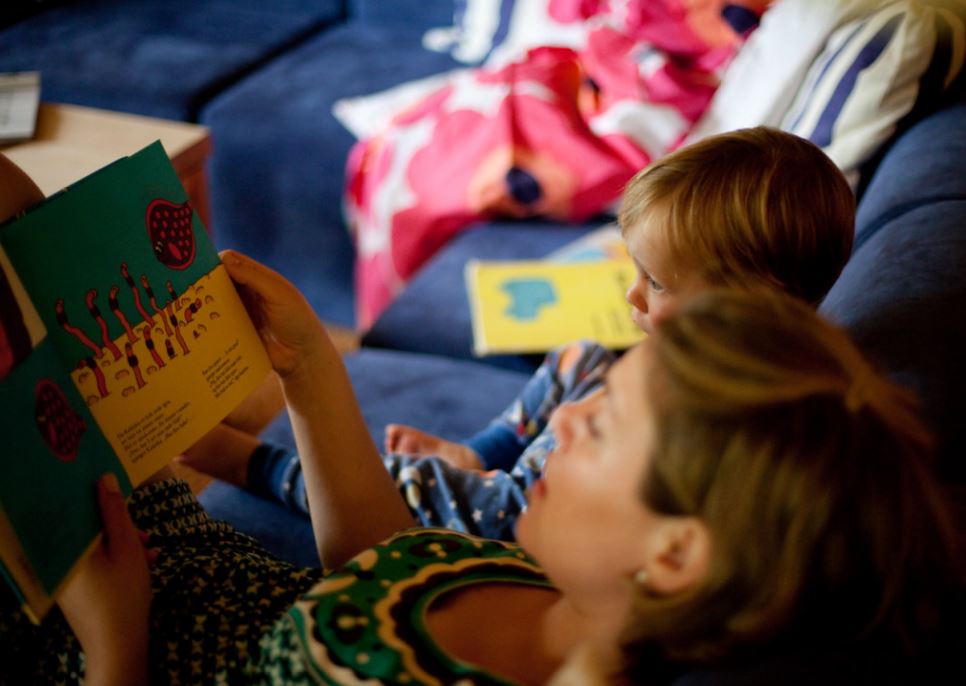In a world that values not only academic prowess but also emotional intelligence, the Montessori approach stands out for its holistic focus on a child's development. Rooted in the belief that education extends beyond the classroom, the Montessori method places great emphasis on nurturing emotional intelligence in children. In this article, we will explore how the Montessori approach supports the development of emotional intelligence, fostering empathy, self-awareness, and social skills. Through its principles and carefully curated materials, Montessori education, as exemplified by Montessori Australia, provides a unique platform for children to thrive emotionally and academically.

1. Respect for Individuality
The Montessori philosophy values each child's uniqueness and recognizes that emotional growth is intertwined with their individual experiences. By allowing children to make choices, express preferences, and engage in self-directed activities, the Montessori method respects their individuality. This autonomy helps children develop self-awareness and a better understanding of their emotions and preferences, laying the foundation for emotional intelligence.

2. Mixed-Age Classrooms
Montessori classrooms typically encompass a mix of ages, encouraging natural interaction and cooperation among children. Younger children learn from older peers, while older children develop empathy and patience as they assist their younger classmates. This diverse environment fosters emotional intelligence by promoting understanding, compassion, and effective communication.

3. Hands-On Learning
Montessori materials are carefully designed to engage children in hands-on learning experiences. These materials often depict real-life scenarios, emotions, and cultural diversity. By manipulating these materials, children can explore and express their feelings in a safe and supportive environment, facilitating emotional awareness and communication.

4. Practical Life Exercises
Practical life exercises in the Montessori curriculum emphasize daily activities like pouring, washing, and dressing. These activities teach children self-care, responsibility, and independence. As children master these tasks, they gain confidence and a sense of accomplishment, contributing to a positive self-image and emotional well-being.

5. Conflict Resolution
Montessori educators guide children in resolving conflicts peacefully and respectfully. Through open communication and problem-solving discussions, children learn to understand their emotions and navigate interpersonal relationships effectively. This emphasis on conflict resolution equips children with essential emotional intelligence skills for life.

6. Grace and Courtesy Lessons
Montessori classrooms incorporate grace and courtesy lessons, which teach children manners, empathy, and respect for others. These lessons involve practical scenarios like greeting a friend, offering help, or listening attentively. By practicing these behaviors, children learn to understand the feelings of others and cultivate empathy.

7. Engaging with Nature
The Montessori approach often involves nature-based activities that encourage children to connect with the environment. Whether it's caring for plants, observing animals, or participating in outdoor activities, these experiences foster a sense of wonder and empathy for the natural world, enhancing children's emotional intelligence.

8. Self-Correction and Reflection
Montessori materials are designed to provide instant feedback. Children learn to recognize and correct their own mistakes, promoting self-correction and introspection. This process cultivates resilience, self-awareness, and the ability to manage emotions in response to challenges.

9. Role of Montessori Teachers
Montessori educators serve as compassionate guides, observing and understanding each child's emotional needs. They create a nurturing environment where children feel safe to express themselves and develop emotional intelligence. Teachers model empathy, active listening, and conflict resolution, offering children valuable examples of emotional intelligence in action.

10. Building a Strong Foundation
By cultivating emotional intelligence through the Montessori approach, children build a strong foundation for social interactions, mental health, and academic success. The self-awareness, empathy, and effective communication skills they acquire enable them to navigate life's challenges with confidence and resilience.
The Montessori method is not just about academic excellence; it's about nurturing well-rounded individuals with high emotional intelligence. Through a combination of respectful guidance, mixed-age interactions, practical life exercises, and hands-on learning experiences, Montessori education encourages children to develop empathy, self-awareness, and strong social skills. The holistic approach of the Montessori philosophy, as exemplified by Montessori Australia, empowers children to understand and manage their emotions, fostering emotional intelligence that benefits them throughout their lives. By embracing the Montessori method, parents and educators provide children with the tools they need to excel not only academically but also emotionally, ensuring their success in an increasingly interconnected world.

